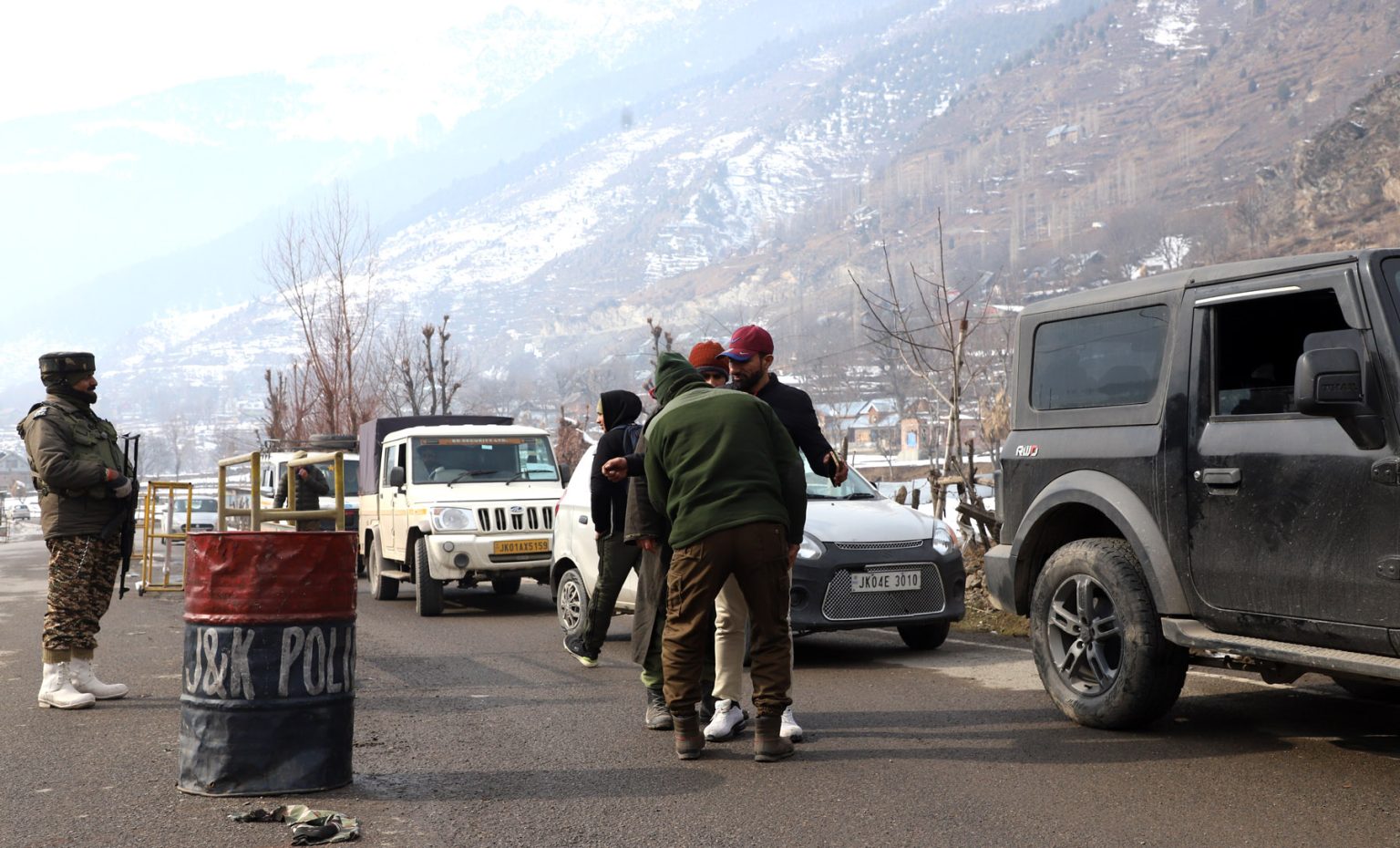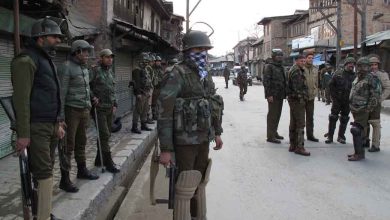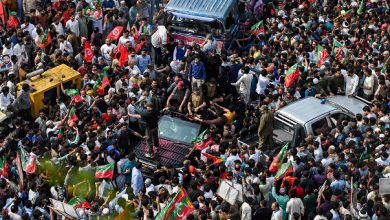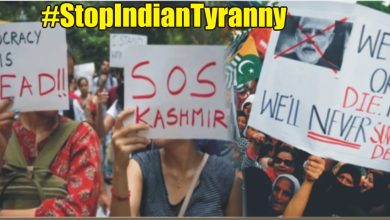Modi’s Kashmir visit meant to create smokescreen to mask repression
India breaches int’l laws with military-centric projects disguised as development
#ModiKashmirVisitSmokescreen

Srinagar: Indian Prime Minister Narendra Modi’s visit to Indian Illegally Occupied Jammu and Kashmir has been widely condemned as a propaganda exercise aimed at misleading the international community about the dire ground realities in the territory.
According to Kashmir Media Service, the visit is seen as an attempt to project a facade of normalcy and development while concealing India’s grave human rights violations and oppressive policies in the disputed territory.
Far from addressing the legitimate aspirations of the Kashmiri people, Modi’s visit has only intensified their hardships. With heightened restrictions, increased frisking, searches, arrests, and a heavy security clampdown, the tour has reinforced the perception that India is more focused on consolidating its occupation than ensuring real peace and development through the guidelines set by the United Nations in number of its resolutions on Kashmir.
Critics argue that the visit serves the anti-Kashmir agenda of the RSS-backed regime, which has broken all records of brutality and is hell-bent on changing the region’s demography to further its expansionist goals.
Also, the so-called infrastructure projects in IIOJK are being widely condemned as blatant violations of international laws and human rights charters. These projects, implemented without consulting local communities, have raised serious concerns of coercion and marginalization, further isolating the territory’s already oppressed population.
The infrastructure developments, such as the Z-Morh Tunnel set to be inaugurated by Indian Prime Minister Narendra Modi, are viewed as military-centric initiatives designed to enhance the mobility of Indian armed forces rather than addressing the territory’s real developmental needs.
Human rights organizations have criticized the lack of transparency, accountability, and community involvement, which not only breaches democratic governance principles but also contravenes United Nations mandates to safeguard the rights and livelihoods of indigenous populations in disputed territories.
Locals see these projects as part of a larger strategy to militarize and oppress, serving India’s strategic interests rather than benefiting the people of IIOJK.








